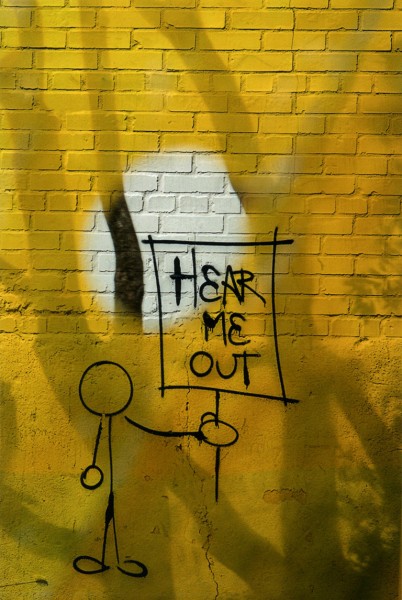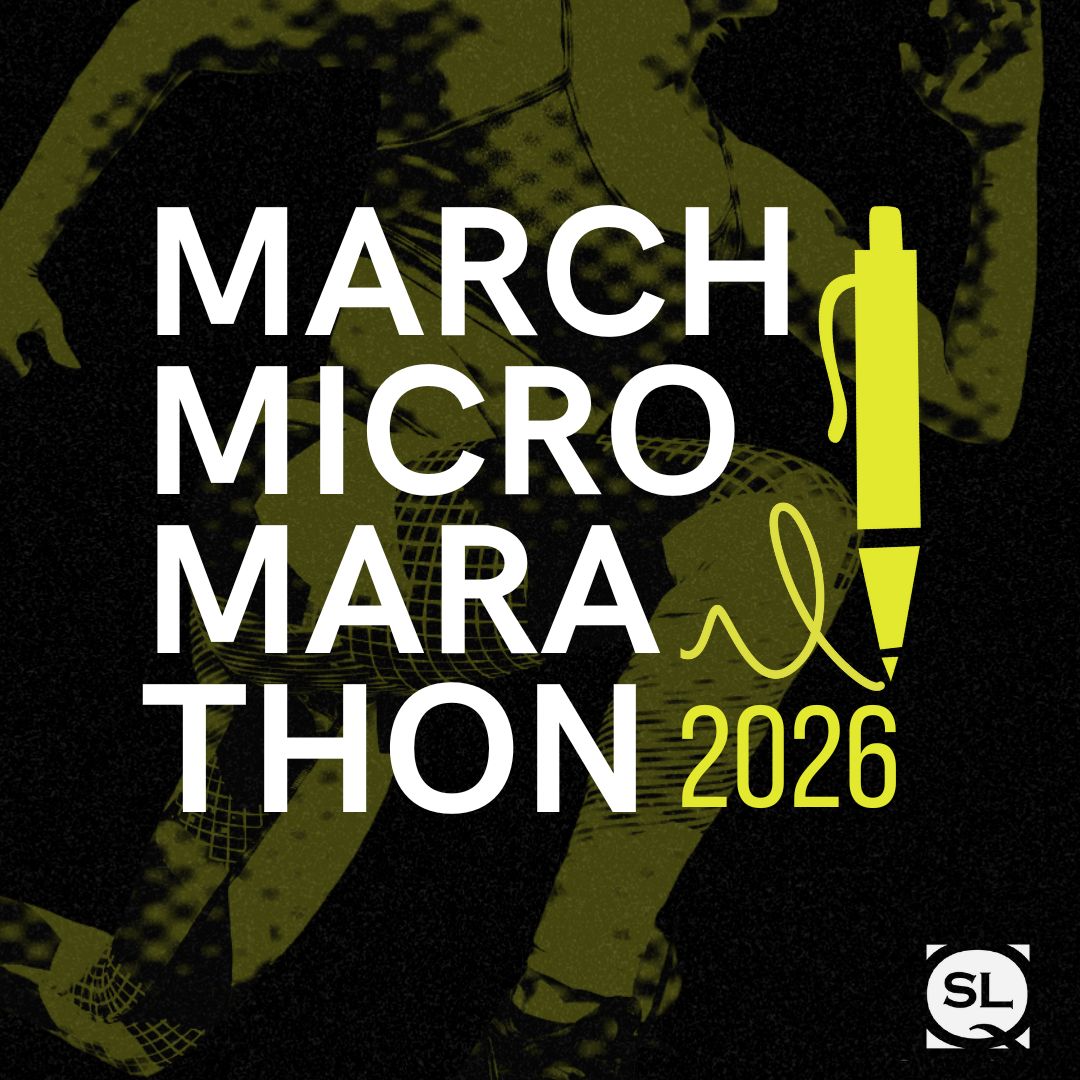The candidate arrived at 4:30, an hour early for the party. Kim met him at the front door in her bathrobe. He was embarrassed. She was embarrassed. The candidate glared at his phone, as if it was to blame. Something about a malfunctioning app and his rookie manager and a shoestring campaign.
“My husband isn’t home from the office yet,” Kim said.
“I can take a walk,” he said, “A little exercise wouldn’t hurt.”
“No, come on in,” Kim said, “Give me a few minutes to get dressed. By the way, nobody here will be wearing a tie.”
“Thanks. I hate these things,” he said. The candidate took off his tie, carefully rolled it up and put in his jacket pocket. He was young enough to be her son.
“Something smells good.”
Kim parked him in the vestibule by the dining room. The caterers were busy laying out a buffet. The candidate stared at a tray of scallops wrapped in bacon.
“Go ahead,” Kim said, “Those are my favorite.”
“I haven’t eaten anything since dawn,” he said.
They both gobbled down several scallops wrapped in bacon.
Kim said, “My husband and I don’t usually hang out with politicians.”
The candidate said, “Ma’am, I’m just a concerned citizen who feels, like you do, that something has to change at city hall. My day job is accounting.”
“Right, of course,” Kim said.
*
Kim wasn’t sure exactly what needed to change at city hall. Except the décor. The cornfield murals in the main lobby were ghastly. Kim was studying interior design. She had ideas about period wallpapers. Since her kids left for college, Kim was loosening up.
Her husband, Norm, was the agitator. It all started with the situation in the back alley. Cars cutting down the alley as a short cut east out of the gas station. They woke Norm from his afternoon nap. Norm wrote letters and showed up at city council meetings and nothing happened, because the owner of the gas station contributed big bucks to the incumbent’s war chest. Or so Norm claimed.
Norm pitched the fundraising party to Kim as an opportunity to impress their friends. “They’ll think we’re on the inside track, that we have clout,” he said.
“Clout?” Kim said.
“This guy really could win the primary.”
“When was the last time we voted in a primary?”
“Let’s hire a caterer. Lay in some good booze. Demonstrate our civic pride. We’ll show ’em the empty nest isn’t getting us down,” Norm said.
*
Friends and the neighbors and Norm’s business associates arrived en masse at 5:30. They circled the food and drink, before tackling the issues. Norm cracked his knuckles nervously.
The candidate put on his game face. A pink, gummy smile rippled slowly from one side of his jaw to the other. He stood by the fireplace, with an elbow propped on the mantle. Kim and her golf girlfriends decided that his rippling smile looked like a lava lamp. They made tentative, tipsy approaches and popped questions he couldn’t possibly answer about foreign policy and the defense budget.
“Hey, folks, I’m just running for mayor, not for President,” the candidate said.
The candidate’s eager, red-headed campaign manager tried to facilitate. He was a grad student in political science. His antics reminded Kim of the hired clown at her kids’ birthday parties. The campaign manager vainly attempted to gather email addresses on a clipboard and corral the crowd into a receiving line. He finally succumbed to one of Norm’s martinis.
Norm and his partner, Ralph, and everyone else with an angle on a city contract, moved into position. Gloria Meyer, who owned a printing company (and was a member of Kim’s book group), offered the candidate a fantastic discount on yard signs. He dutifully pocketed her business card and ten others. Norm and Ralph shared their plan for solving the downtown parking problem by installing special meters, designed by Norm’s company, which could take digital pictures of license plates.
Kim attempted to keep the candidate fortified with scallops wrapped in bacon and bottles of Sprite. The candidate nodded his thanks and sucked it all down. She realized, too late, that something less rich would have been better. Or maybe he got a bad scallop.
Norm was criticizing the incumbent’s idea for a 1 percent innkeeper’s tax to fund an expansion of the convention center. Norm favored cutting the budget line for county recycling centers. The candidate listened and forced a smile. Suddenly the lava lamp broke. The candidate’s face curdled. He convulsed forward and vomited onto Norm and Ralph’s shirtfronts.
Gloria Meyer screamed and fled. She had a phobia about vomit. Norm and Ralph stomped off to the washroom. Guests exited via the patio. The candidate collapsed into a wingchair. Kim brought him a towel and a glass of water.
“Please accept my apologies,” he gasped.
“Don’t worry,” Kim said, “It could happen to anyone.”



 In its third year, The March Micro Marathon will be, as usual, a prompt-a-day whirlwind for 24 days. You’ll exchange drafts of micro fiction, non-fiction, and prose poetry in small groups and gather for a series of online events (all recorded for participants unable to attend live). We’ll finish with 3 competitions, and participants who are not already in SmokeLong Fitness will be invited to workshop with SmokeLong Fitness until the end of April!
In its third year, The March Micro Marathon will be, as usual, a prompt-a-day whirlwind for 24 days. You’ll exchange drafts of micro fiction, non-fiction, and prose poetry in small groups and gather for a series of online events (all recorded for participants unable to attend live). We’ll finish with 3 competitions, and participants who are not already in SmokeLong Fitness will be invited to workshop with SmokeLong Fitness until the end of April!